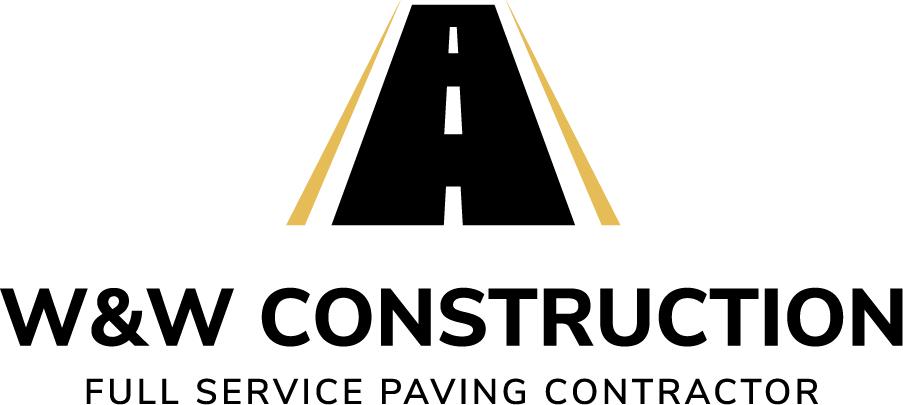If you’re thinking of re-paving your driveway, your contractors will offer you several options: gravel, asphalt, concrete, brick, or even cobblestone. It can be difficult to parse which one is the best for your home, as there are numerous factors to consider.
In this article, we will break down all the pros and cons of choosing to pave your driveway with concrete.
Concrete is an excellent material to use on driveways. It is strong, durable, and requires minimal maintenance. It’s a good investment if you need to pave a large area. To top it off, it is much less expensive than brick and only slightly more expensive than asphalt and gravel!
Concrete 101
Concrete is made up of various kinds of stone aggregate held together by water and Portland cement. Aggregate size depends on the project the concrete will be used for. In building construction, gravel-size aggregates are mixed together. On the other hand, driveway paving projects require a bit more of a finished surface, so a mixture of gravel and sand-sized stones are used.
Concrete begins as a fluid-like mixture that can easily be transported and shaped into any form. When the mixture is laid down, it hardens as it sets. It needs to be cured for a few days before it’s hard enough to be stepped or built on. Some chemical agents can be added during the mixing process to make the drying process go faster or improve the concrete’s strength.
Concrete Installation Process
Pouring concrete is a time-sensitive project, so it’s best to leave it to the professionals to handle. An experienced crew can finish paving a driveway within two days, going through all the necessary steps as quickly as possible. These steps include:
- Preparation – Before any pouring occurs, the driveway area needs thorough preparation. All vegetation is removed to ensure a solid foundation.
- Forms – Wood forms are placed around the perimeter. A packed gravel base is installed as the first layer, and metal rebar in a criss-cross pattern is placed on top, serving as reinforcement.
- Pouring – The concrete pour is a very delicate process that requires several people to work very quickly.
- Finishing and curing – Once poured, the concrete is floated, and expansion grooves are installed for long-term stability.
The Pros and Cons of Choosing Concrete
Pro #1: Concrete driveways only need to be installed once, and you will be set for life. If well-installed and well cared for, yours can last over 50 years.
Pro #2: Aside from being durable, concrete is very strong. The metal reinforcement at the base can handle even the heaviest vehicles you can drive.
Pro #3: Concrete is one of the most affordable materials you can use for your driveway.
Con #1: Concrete is usually perceived as uniformly dull and gray. However, if you want some colour without having to resort to fancy materials, it can be coloured or even stamped to create a unique surface and boost your home’s curb appeal—but only if this is planned out in advance.
Con #2: To ensure that your driveway lasts as long as possible, you need to apply sealer at least once a year. If your vehicle leaks oil, concrete will be stained easily.
Con #3: Laying down a concrete driveway is not a DIY project you should attempt on your own! You will need experienced and highly trained professionals to do the job for you.
Conclusion
Concrete is a very affordable, durable, and strong material that you can use to pave your driveway. In fact, it can last for over 50 years if you treat it right! If you’re thinking of laying down concrete on your driveway, professional paving contractors will do the job right.
Are you looking for concrete pavers in Edmonton? WW Construction is a full-service concrete and asphalt laying and repairing company that will provide all your construction, repair, and maintenance needs. We also offer other solutions, such as for decorative surfaces, sandblasting, surface clearing, snow removal, and coating. Contact us today to find out how we can help you!


Recent Comments